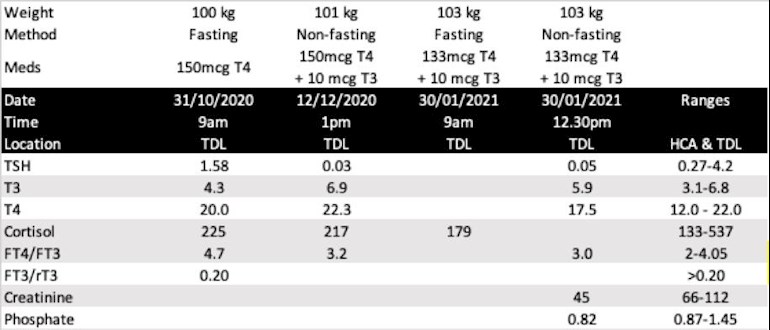
What happens if my INR is too high or too low? That’s because these can affect the way that warfarin works and your INR result. any medicines and supplements you are taking.If your INR test result is below your target range, it means you are at increased risk of a blood clot. If your INR test result is above your target range, it means your blood is clotting too slowly, and there is a risk of bleeding. No special preparation is needed for this test. check for blood clotting problems, especially before surgeryįIND A HEALTH SERVICE - The Service Finder can help you find doctors, pharmacies, hospitals and other health services.The prothrombin test can also be used to: But not so much that you are at risk of serious bleeding. You need to take enough warfarin to reduce your risk of blood clots.

Your doctor uses your INR results to work out what dose of warfarin you should take. prevent blood clots if you have an artificial heart valve.prevent or treat blood clots (for example, deep vein thrombosis and pulmonary embolism).prevent stroke if you have atrial fibrillation or other risk factors for stroke.Warfarin is prescribed for some people to: INR tests are used in people taking warfarin - a medicine that treats and prevents blood clots. This is done when the test is used to monitor treatment with a medicine called warfarin. The PT results can be expressed as an INR to standardise the results. The international normalised ratio (INR) blood test tells you how long it takes for your blood to clot.Ī test called the prothrombin time (PT) actually measures how quickly your blood clots. What is the international normalised ratio blood test? Related information on Australian websites.Is INR testing needed when taking all types of anticoagulant medicine?.What is the international normalised ratio blood test?.Your doctor will use your INR result to work out what dose of warfarin you should take.It is used to test clotting times in people taking warfarin (a medicine used to treat and prevent blood clots).The international normalised ratio (INR) blood test tells you how long it takes for your blood to clot.


 0 kommentar(er)
0 kommentar(er)
